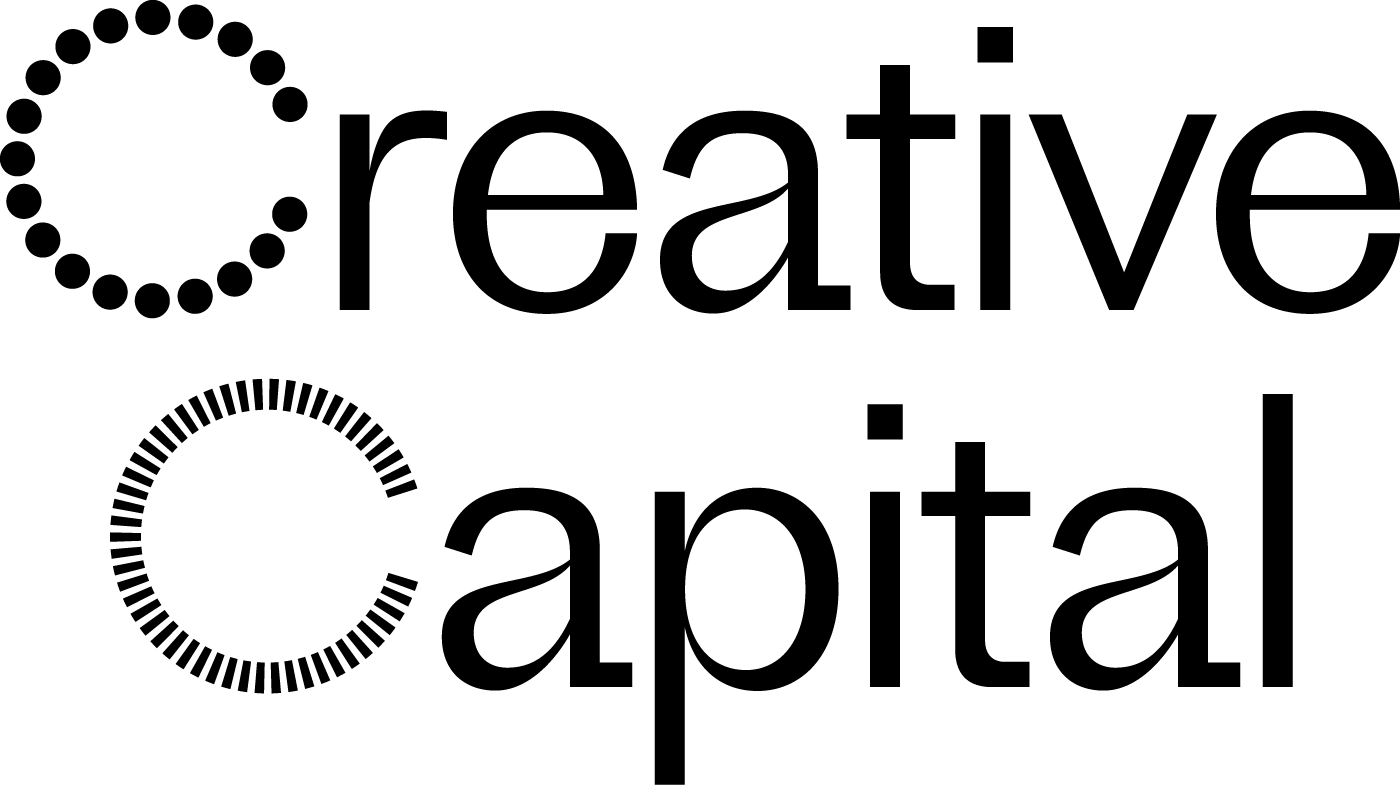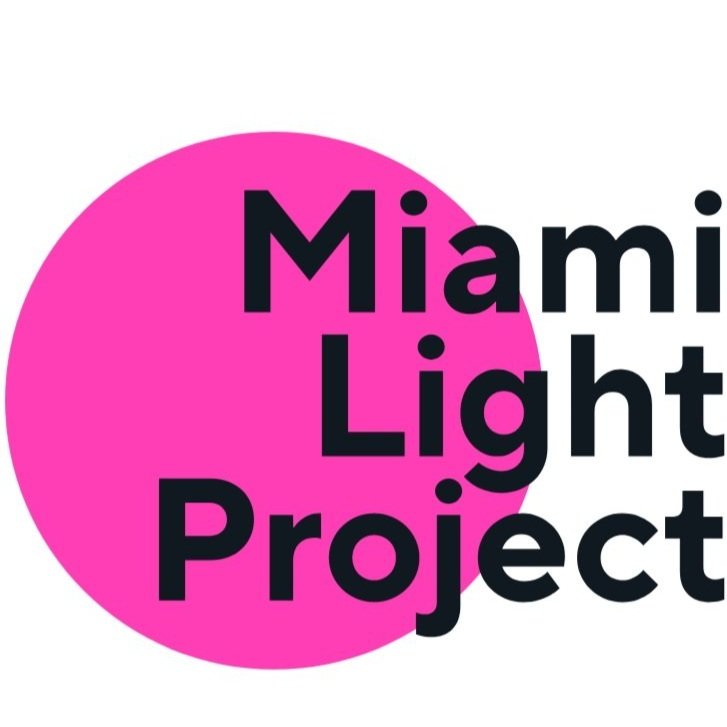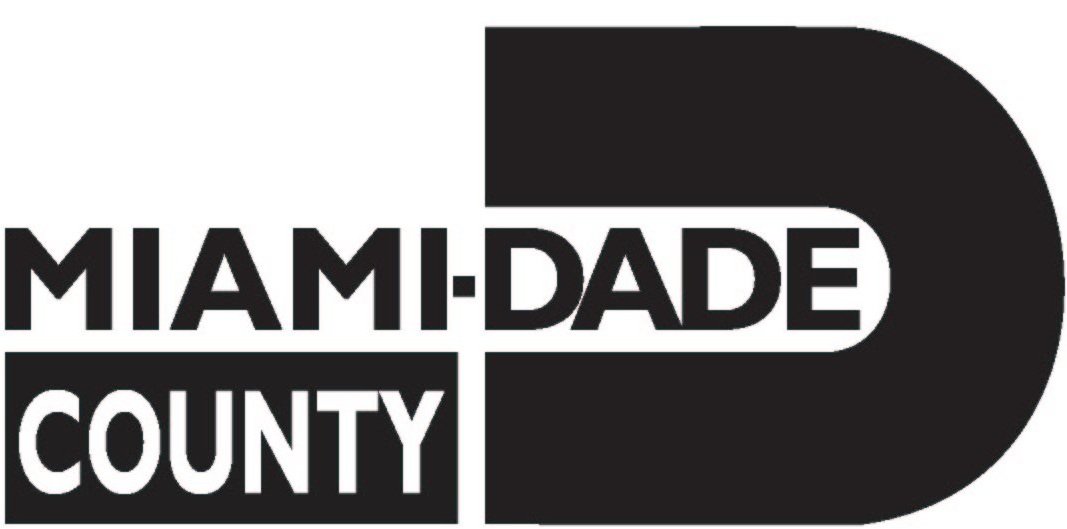DJ APOLLO
Check out the Study Guide above! Crafted by PWC Dramaturg Jeremy Stoller, featuring artist interviews, project timeline, behind-the-scenes details, and movement/writing prompts for anyone interested in digging deeper into our process.
About DJ Apollo
DJ Apollo is a dance-theater work exploring intergenerational queer dynamics, memory, HIV/AIDS, and legacy. It comes from a deep desire to explore the complex dynamics of intergenerational community, mentorship, and the ever-evolving landscape of the queer experience. A biomythography that uses dance-theater as its foothold, it delves into the intersection of personal history, cultural memory, and mythology.
Inspiration stems from the ancient Greek myths of Apollo (god of music, prophecy, healing); Balanchine’s 1928 Apollo ballet; the god-like power of a DJ in a nightclub; and queer representations (healthy and otherwise) of strength and beauty. Whereas Balanchine's ballet staged a visit between a youthful Apollo and three ageless Muses, our dance-theater work unites a younger queer dancer with three queer elders: each of them former, different iterations of Apollo. They meet, compete, and confront the tension of generations fighting to understand each other, and be understood themselves.
As a queer dance company based in Florida, we aim to share the work beyond South Florida following its Miami premiere and are looking for partnerships and new relationships. We do not separate art making from community making, and all activities are braided in support of this mission by bringing real bodies and lived experience to the forefront. DJ Apollo is a powerful intergenerational reckoning with the wisdom and innocence, strength and fragility, physical and spiritual beauty we contain as individuals and as a community.
Pioneer Winter's DJ Apollo, co-presented by Miami Light Project and set to premiere in April 2025 at Miami Theater Center, has also been awarded support from Creative Capital.











